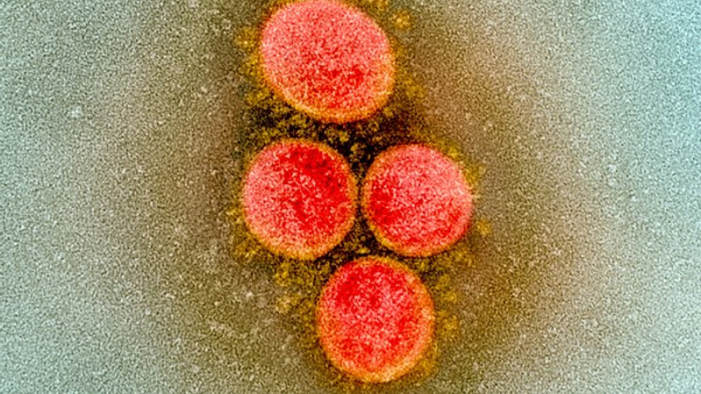WHO to Rename Monkeypox Virus to Prevent Stigma Associated with the Virus

On June 14, 2022, the World Health Organization (WHO) announced that it would rename the monkeypox virus after a group of scientists expressed the opinion that the name “monkeypox” is stigmatizing.1 Tedros Adhanom Ghebreyesus, the director general of the WHO, said that the United Nations organization is working with partners and the scientific community around the world to change the name in light of concern by some that the word “monkeypox” is racist because of its association with Africa.2
Scientists Write Position Paper Stating “Urgent Need” to Rename Monkeypox Virus
The WHO’s decision to rename the monkeypox virus is a result of a position paper published on an online discussion forum known as Virological.com authored by a group of scientists who said:
In the context of the current global outbreak, continued reference to, and nomenclature of this virus being African is not only inaccurate but is also discriminatory and stigmatizing. The most obvious manifestation of this is the use of photos of African patients to depict the pox lesions in mainstream media in the global north. Recently, Foreign Press Association, Africa issued a statement urging the global media to stop using images of African people to highlight the outbreak in Europe.3
A spokesperson from the WHO said that monkeypox was named before the organization had developed guidelines in 2015 on how to name viruses and diseases. The WHO guidelines discourage naming
viruses after animals and geographic regions. The spokesperson said that the process of naming viruses and diseases “should be done with the aim to minimize the negative impact and avoid offending any cultural, social, national, regional, professional or ethnic groups.”4The authors of the position paper said that although the origin of the current monkeypox outbreak is yet to be determined, current evidence points in the direction that it could possibly be a cross-continent human transmission that has been ongoing for longer than previously understood, but the media and some scientists are associating the origin of the outbreak to West Africa.5
The WHO said that it is consulting experts on orthopoxviruses, the family of viruses that includes the monkeypox virus, to recommend renaming of the virus, which has been referred to as monkeypox since it was first identified in 1958 in monkeys.6 7 The first human case of monkeypox was recorded in 1970 and, since then, human monkeypox cases have primarily been identified in central and western African countries.
WHO to Determine If Monkeypox Outbreak Represents a Public Health Emergency of International Concern
On June 23, 2022, members of the scientific and public health community are expected to meet in Geneva, Switzerland to assess whether the current monkeypox outbreak represents a Public Health Emergency of International Concern, which would trigger the highest level of global alert, a level of global alert that currently applies to the SARS-CoV-2 and polio virus.8
There have been approximately 1,600 confirmed cases of monkeypox and almost 1,500 suspected cases identified in 2022 in 39 countries, including seven countries where monkeypox has been endemic for years.9 Ibrahima Socé Fall, PhD, the WHO’s deputy director for emergency response, said that the risk of spread in Europe is considered “high” while in the rest of the world “moderate.”10 Earlier in June, a WHO official stated that reported cases in the non-endemic settings were still “primarily of men who have sex with men.”11
The WHO also published new guidelines on use of smallpox/monkeypox vaccines to control spread, stating that “at this time,” the WHO is not recommending “mass vaccination.” It stated:
At this time, the World Health Organization does not recommend mass vaccination. Decisions about the use of smallpox or monkeypox vaccines should be based on a full assessment of the risks and benefits in each case.12
If you would like to receive an e-mail notice of the most recent articles published in The Vaccine Reaction each week, click here.
Click here to view References:
No comments:
Post a Comment